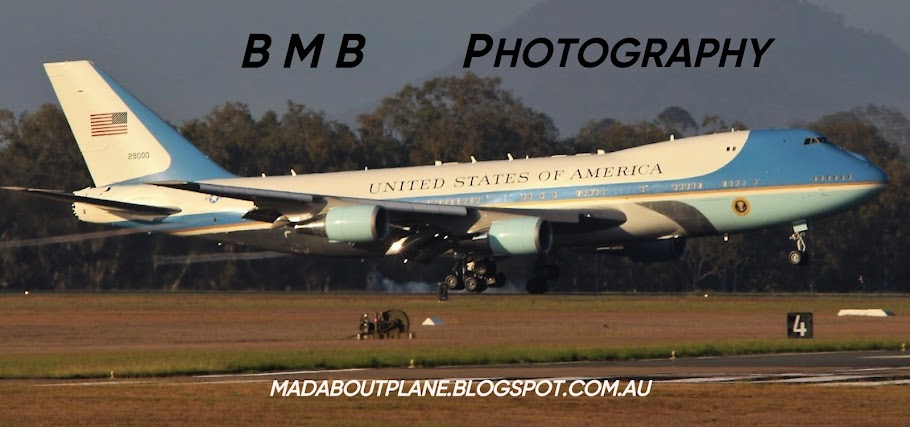Advocates of such a scheme claim local laws are “lagging behind the rest of the world”, pointing to the EU’s air passenger compensation laws as an ideal model for Australia to consider. In Europe, passengers whose flights arrive at their final destination with a delay of more than three hours are entitled to between €250 ($405 AUS) and €600 ($974 AUS) each, depending on the distance of the trip. Longer delays mean passengers can opt to be refunded, which must be repaid to them within seven days. If a delay means a passenger misses a connecting flight on the same reservation, the airline must also pay compensation.
The compensation rules do not apply in situations where extraordinary circumstances, such as poor weather, caused the delays. In Australia, different airlines offer varying levels of compensation, and while the Australian Consumer Law (ACL) applies, there are no aviation-specific regulations forcing a minimum amount or timeframe for compensation.
Choice Australia’s money and travel expert, Jodi Bird, said compensation offered by Australian airlines has decreased recently and is often buried in terms and conditions, which means passengers are not aware of what they can access.
“Typically in Australia, if your flight with a cheaper carrier is delayed you might get a voucher, which at the airport can buy you a coffee if you’re lucky.”
Bird said current laws allow airlines to issue tickets that do not guarantee departure at a particular time or date, meaning there are no repercussions if airlines choose to cancel flights or bump passengers at the last minute to suit their operations.
“There is currently no real incentive for airlines not to cancel or delay flights … there is no obligation to deliver a service,” he said.
“Airlines would rather not have [a compensation scheme] because it would affect their commercial models and force them to concentrate more on flights leaving as close to on-time as possible.”
Bird said that while the EU model “is very clear and consistent across airlines so people know what they are entitled to”, the US and Indonesia also have forms of regulated compensation, meaning “Australia is really lagging behind the rest of the world here”.
“Australian airlines don’t seem to care about customer service after they’ve sold you the ticket, and something like this would mean they’d have to,” Bird said.
Forcing airlines to compensate passengers for cancelled flights could also help address slot availability issues at airports such as Sydney, where legislation caps the number of take-offs and landings.
Recently, smaller carriers seeking to increase flights at Sydney have accused larger operators of scheduling more flights than they intend to run to hoard slots, before cancelling some services at the last minute to prevent competitors from accessing those slots – something allowed under the “use it or lose it” system.
Regarding airlines deliberately cancelling flights to maintain a slot, Bird said “it makes sense that a compensation scheme would deter that [as] they can’t just schedule a flight and cancel it without penalty”.
Story sourced from here

No comments:
Post a Comment